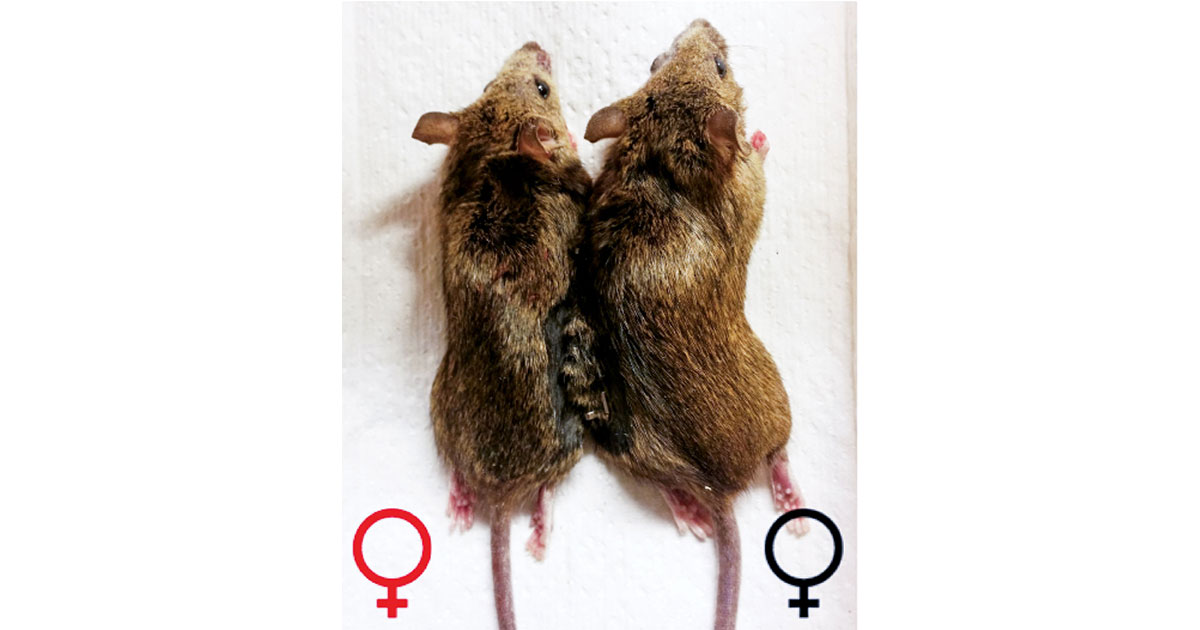Advertisement
Grab your lab coat. Let's get started
Welcome!
Welcome!
Create an account below to get 6 C&EN articles per month, receive newsletters and more - all free.
It seems this is your first time logging in online. Please enter the following information to continue.
As an ACS member you automatically get access to this site. All we need is few more details to create your reading experience.
Not you? Sign in with a different account.
Not you? Sign in with a different account.
ERROR 1
ERROR 1
ERROR 2
ERROR 2
ERROR 2
ERROR 2
ERROR 2
Password and Confirm password must match.
If you have an ACS member number, please enter it here so we can link this account to your membership. (optional)
ERROR 2
ACS values your privacy. By submitting your information, you are gaining access to C&EN and subscribing to our weekly newsletter. We use the information you provide to make your reading experience better, and we will never sell your data to third party members.
Biological Chemistry
Ursolic Acid Might Keep The Doctor Away
by Stephen K. Ritter
June 20, 2011
| A version of this story appeared in
Volume 89, Issue 25
A polycyclic natural product called ursolic acid that’s found in large amounts in apple peels might be just what the doctor should order to treat age- and disease-related muscle atrophy, according to a University of Iowa study (Cell Metab., DOI: 10.1016/j.cmet.2011.03.020). A team led by Christopher M. Adams monitored gene activity in the muscles of people and mice that were fasting in order to study muscle weakening. The researchers then compared mRNA expression signatures with the response of cells to some 1,300 bioactive molecules. They singled out ursolic acid as a lone inhibitor of atrophy-associated gene expression. The researchers next gave ursolic acid to mice and observed that it helps protect fasting mice against muscle weakening and helps mice with a normal diet grow muscle. The mice also became leaner and had lower blood levels of glucose, cholesterol, and triglycerides. It seems the adage “an apple a day keeps the doctor away” might have real therapeutic merit, Adams says.




Join the conversation
Contact the reporter
Submit a Letter to the Editor for publication
Engage with us on Twitter